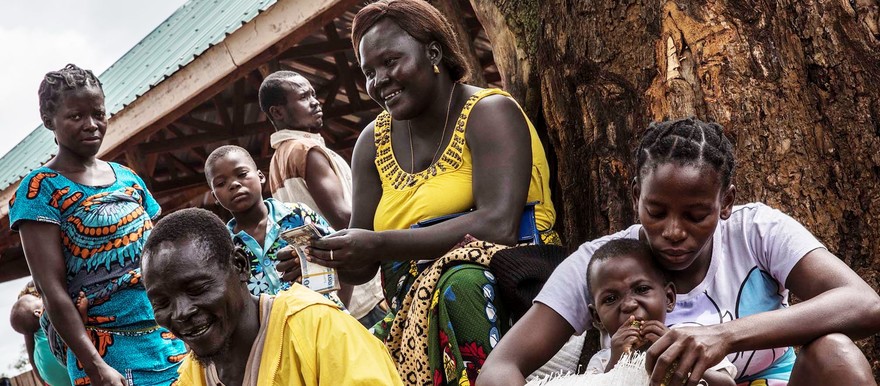The United Nations World Food Programme (WFP) said Korea has provided US$500,000 worth in humanitarian assistance in South Sudan as overall humanitarian needs are deepening in the country with 7.5 million people needing various kinds of support in 2020.
In a statement extended to Radio Tamazuj this morning, the UN agency said the contribution it had received from the Republic of Korea will provide cash-based transfers assistance to tens of thousands of refugees.
“Having contributed over US$27 million through projects to assist refugees in Uganda and South Sudan since 2017, Korea remains committed to responding to the humanitarian needs of refugees in South Sudan,” says Ha Byung-kyoo, Ambassador of Korea to South Sudan.
“It is crucial to maintain WFP's food assistance, as relief food is the first step in enabling refugees to restart their lives and embark on a journey towards self-reliance. We appreciate WFP in South Sudan and being at the forefront of humanitarian activities. We highly value our strong partnership."
South Sudan is Africa’s largest humanitarian and refugee crisis with over 2 million people as refugees in neighbouring countries and an equal number displaced inside the country. South Sudan also hosts 300,000 refugees from Sudan, the Democratic Republic of the Congo, the Central African Republic and Ethiopia.
“WFP is grateful to the support from the Republic of Korea,” says Matthew Hollingworth, WFP’s Country Director in South Sudan.
“These funds will enable us to provide vital support to the most vulnerable people who in most cases have been forced to flee their countries of origin often with few possessions they can carry. The cash assistance gives people options to buy not only food but also to buy other basic needs they may lack.”
WFP said it provides cash assistance in nine of the country’s 13 refugee camps including in the Greater Upper Nile, Unity as well as in the Central and Western Equatorias. It added that assistance is provided in cash where local markets are functional, allowing residents the freedom to buy preferred foods as well as to meet other pressing needs.




